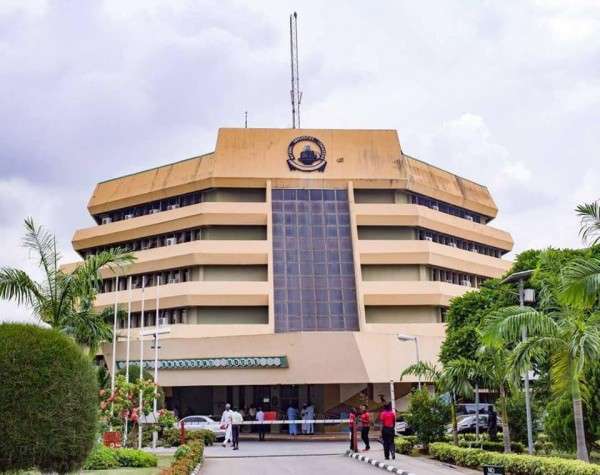By Ben Young, Abuja
The Nigerian Upstream Petroleum Regulatory Commission (NUPRC) has predicted that local refineries in the country would need an average of 770,500 barrels of crude oil daily, in the first quarter of 2025.
Commission Chief Executive of NUPRC, Engr. Gbenga Komolafe made this known in a statement in Abuja to unveil the crude oil production forecast of producing oil companies and the refining requirement of functional refineries in Nigeria in first quarter of the new year.
Komolafe however noted that the forecasted crude oil requirement was about 37 percent of the 2,066,940 Bopd average daily production in the first half of 2025.
He said: “The move is pursuant to Section 109 of the Petroleum Industry Act (PIA), 2021 and it is aimed at effective capacity utilization of the nation’s domestic refineries by ensuring a consistent supply of crude oil.
“This comprehensive data provides insights into the projected crude oil needs for the refineries, crucial for understanding the energy landscape in Nigeria for the first half of 2025.
“The forecasted daily crude requirement for Refineries which is Seven Hundred and Seventy Thousand, Five Hundred barrels (770,500 Bopd), is about 37% of the forecasted first half 2025 average daily production of Two Million, Sixty-Six Thousand, Nine Hundred and Forty Barrels (2,066,940 Bopd).
“However, it will be recalled that in October 2024, NUPRC launched Project 1 million Barrels which is expected to favourably impact the national production. NUPRC is leveraging the capacity of upstream operators to meet the target daily production of Two Million, Five Hundred Thousand Barrels (2,500,000 Bopd) in the short term.
“This strategic initiative aligns with Nigeria’s commitment to bolstering its domestic refining capacity and ensuring the sustainability of its oil industry.
“The first half of 2025 is expected to witness increased synergy between local refineries and producing companies, setting the stage for a more robust and self-reliant petroleum landscape in Nigeria.”








